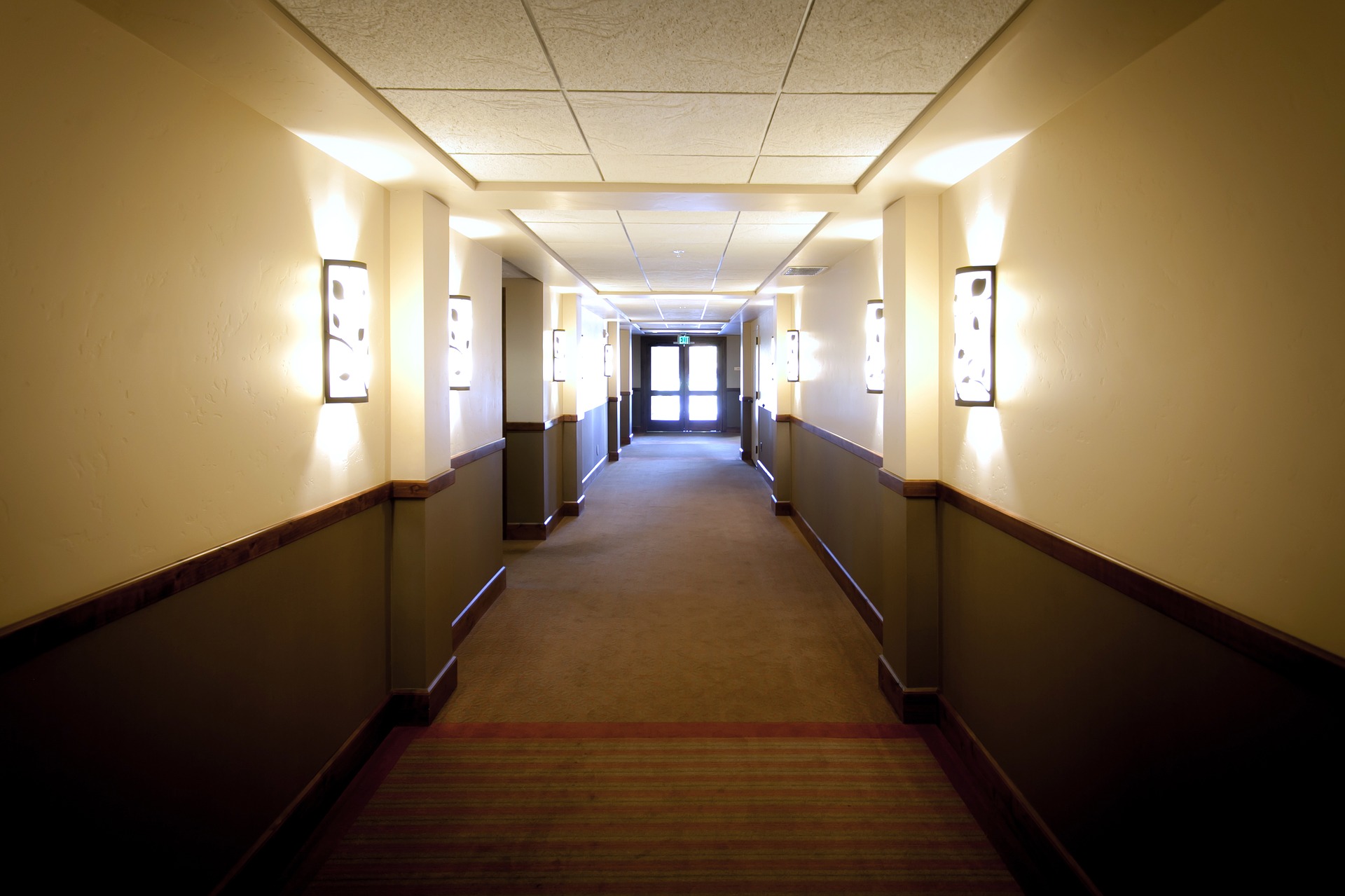As a property manager, you are responsible for providing a safe environment for everyone on your premises. This is true for a commercial building, residential community, or public space within these buildings. Premise security involves many facets, but a top priority should be adequately maintaining the electrical system on your property. Even just a minor electrical shock can cause damage, where more significant issues can be fatal. Be sure to protect residents, tenants, and visitors, and take the time to go through this maintenance checklist for your property’s electrical systems.
Facilitate Regular Inspections: Annual inspections can significantly decrease the chances of a problem arising. In addition to the yearly inspections, you should have a trusted electrician inspect the unit between tenants. The inspector will identify potential threats like weakened or worn-down insulation around wires, loose outlets, etc.
Keep an Eye Out for Animals: As we enter our winter months, small rodents and other animals may likely seek shelter in the walls of your buildings. You should pay attention to any comments made by your tenants about possible signs of pests since they can chew on wires and cause short circuits or even electrical fires.
Label Fixtures Correctly: In a multi-unit residential or commercial building, it can be confusing to try and locate a central breaker box. Be sure that your maintenance personnel and tenants are aware of its location and that it is appropriately labeled. The same goes for other electrical safety equipment–fire extinguishers are required by law to be available on every floor and within a few hundred feet of every unit. Smoke detectors and carbon monoxide detectors should be placed in every individual room and at least one per main gathering area.
How’s the Emergency Lighting? Premise security is very important during a disaster. In the event of a large power outage at your public or commercial premises, your emergency lighting will be critical for safely evacuating people. Emergency lights have internal batteries that are charged as the lights are hardwired into the electrical system. When the power goes out, the lights draw power from the batteries to illuminate. These systems and their batteries are lifesaving and should be inspected regularly.
Be Prepared for More Draw: The winter months mean that we’re heating our buildings and keeping the lights on longer to make up for fewer daylight hours. Especially in large buildings, central circuit boxes can get overwhelmed with the greater draw on electricity. You should have your system inspected to ensure it can handle the demand from your tenants or business. Otherwise, you may experience lights flickering, blown fuses, or overheating outlets.
Check the Humidity: While our summers get very humid, our winters can be quite dry. This lack of humidity means that static electricity is much more prevalent. Small shocks from doorknobs are one thing, but sparks can cause fires if they occur near something flammable. A humidifier can help prevent static electricity.
Efficiency is Key: Make sure your heating and electrical system are working as efficiently as possible. Check all the windows and doors on your premises. Look for drafts or cracks that allow cold air to seep in from outside. You’ll conserve energy and save money by sealing these areas up, so your heating system doesn’t have to work as hard.
The integrity of your electrical system is important for premise security and the basic safety of your property. For more information on getting your property inspection and eletrical safety recommendations, call Promise Electric today.



